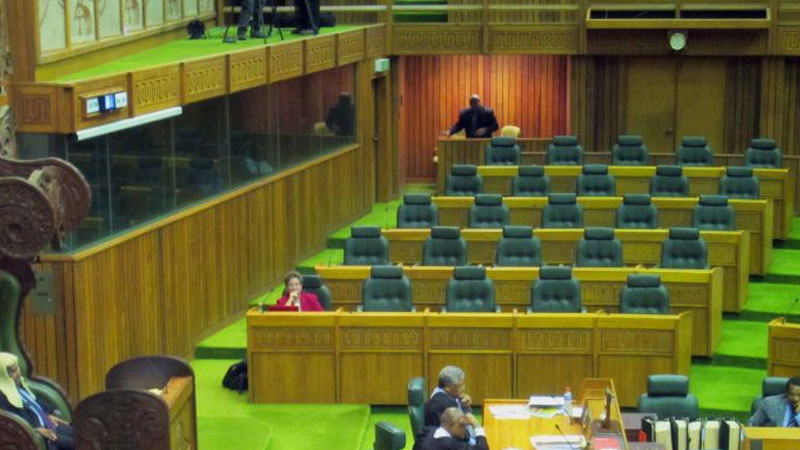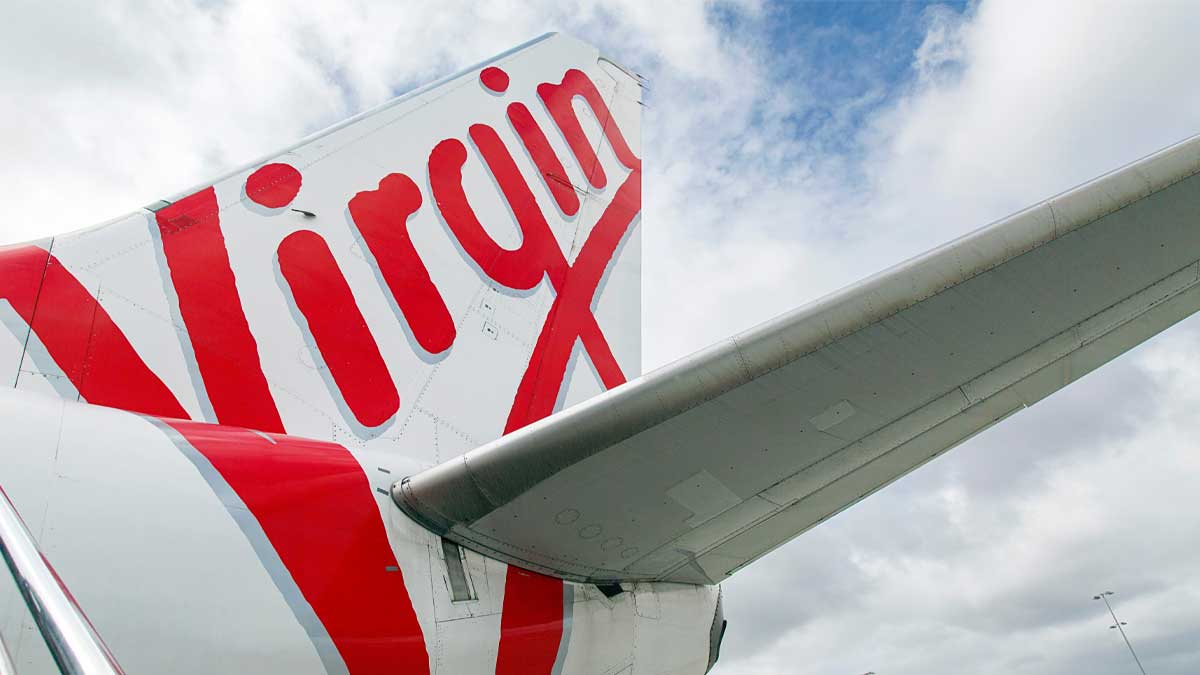
The budget was meant to be handed down in Papua New Guinea yesterday, after it was delayed because the government continues to struggle with offline payment systems following a devastating cyber attack.
In October, ransomware hackers froze the system that controls access to millions of dollars used to pay bills, salaries and make loan repayments.
PNG's government has refused to pay any ransom money and has been relying on cheques to transfer money, blaming this for a delay to the budget lock-up planned for earlier this week.
University of Papua New Guinea, Economics lecturer, Maholopa Laveil says they are hearing reports from sub national governments, provincial governments that aren't receiving operational funds for their day to day operations, which means that they've had to scale back on non-essential services.
Laveil says PNG is vulnerable to another surge in COVID cases; the modeling suggests that it will be in March of 2022 and health expenditure, particularly health funds to sub national governments is very important.
He further says if the Integrated Financial Management System continues to be vulnerable and is attacked at a time when there is another surge, it will affect PNGs ability to mitigate the next surge.
The former general manager of PNG's national cyber security centre, Robert Potter, says PNG needed to accept help from international partners.
He says Australia has offered assistance as has the United States and there has been multiple offers from multiple partners to community government assistance of whatever they need but so far, they have not engaged any external assistance and have tried to manage it internally.
[Source: ABC NEWS]
Stay tuned for the latest news on our radio stations


